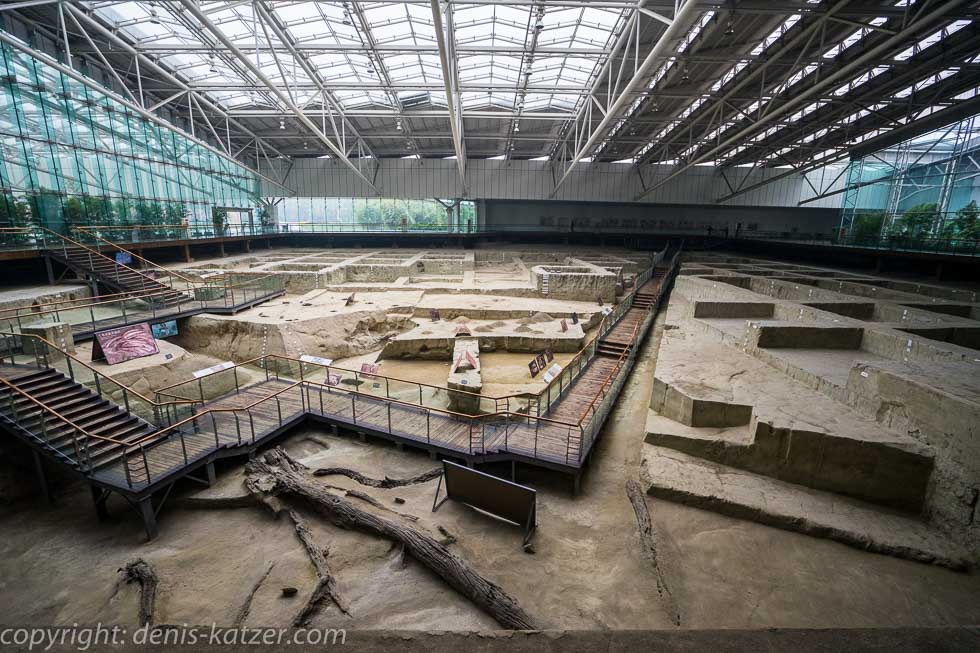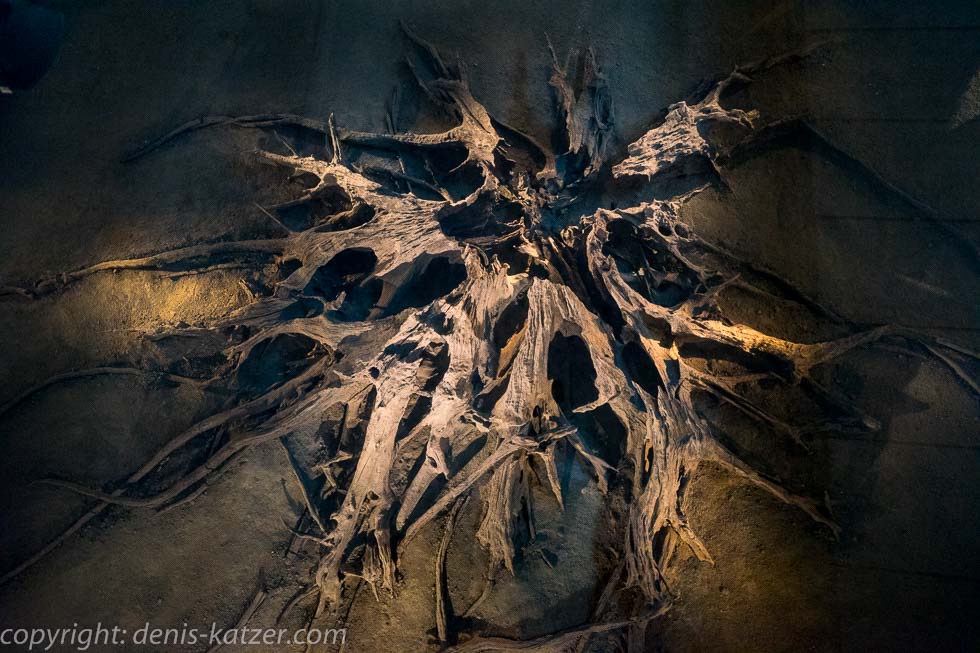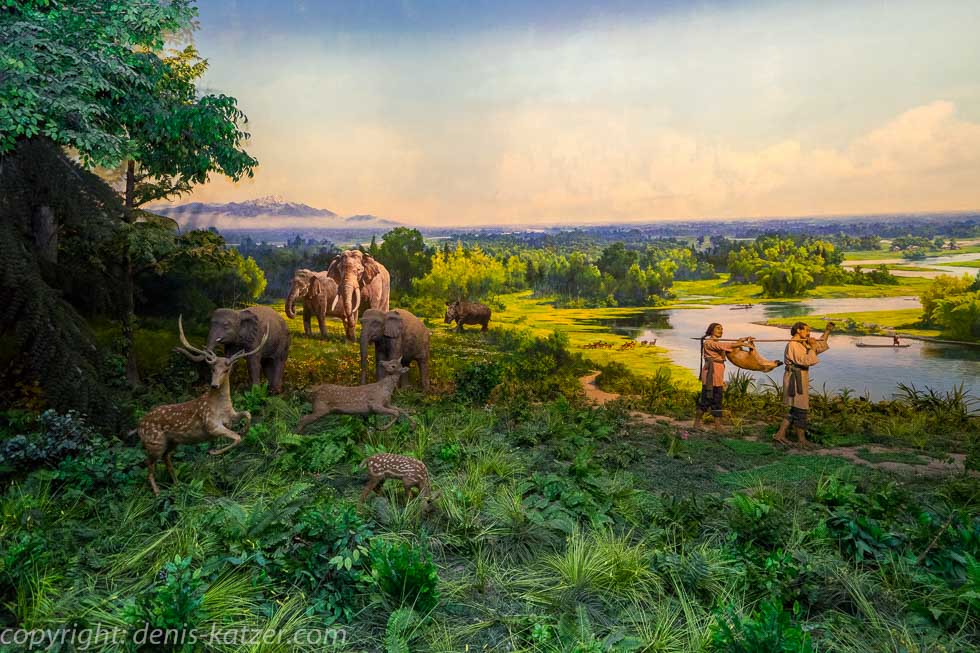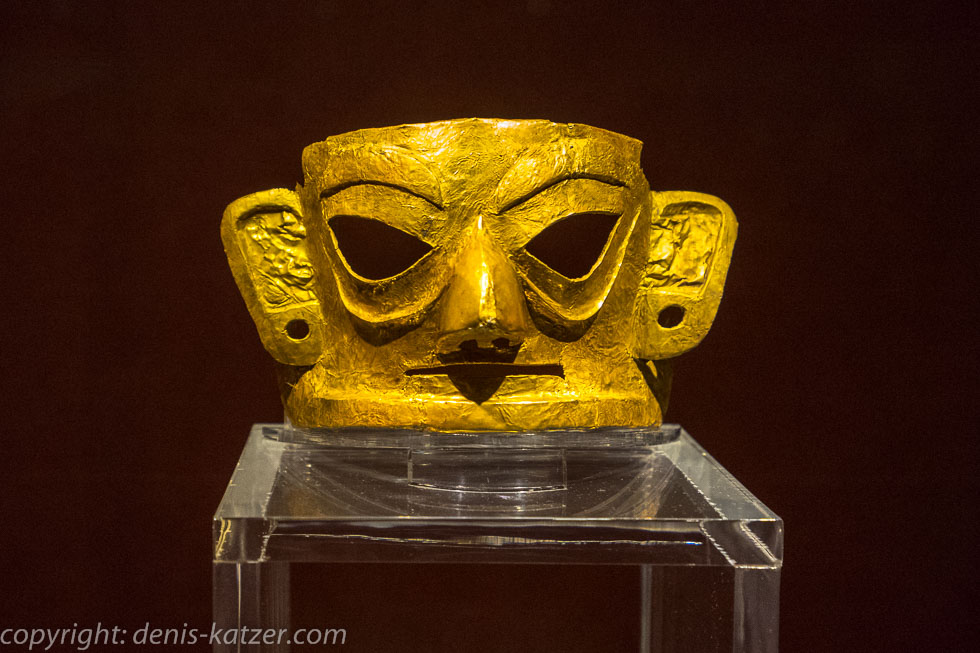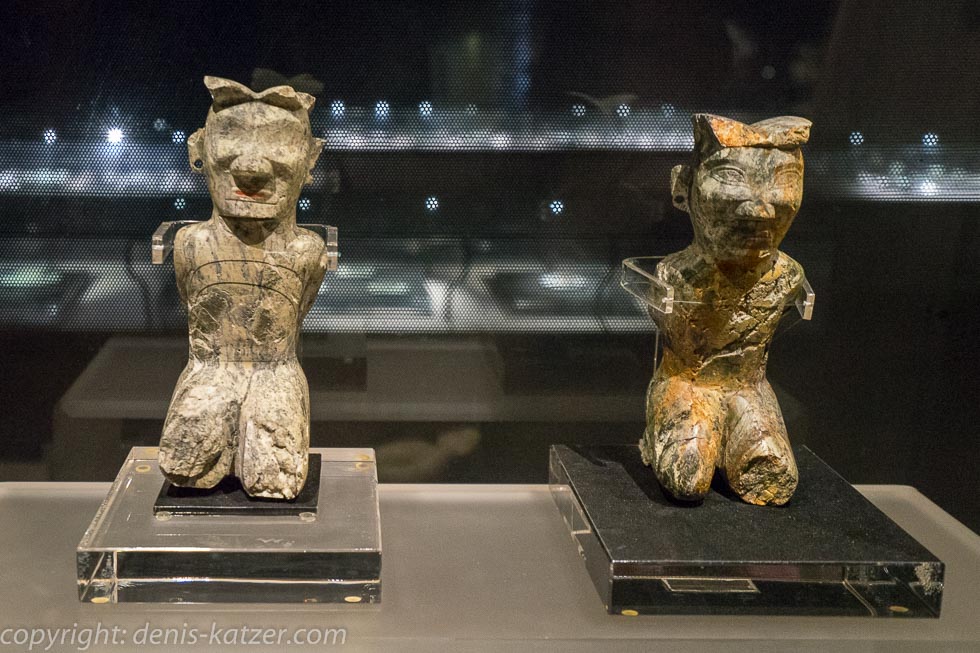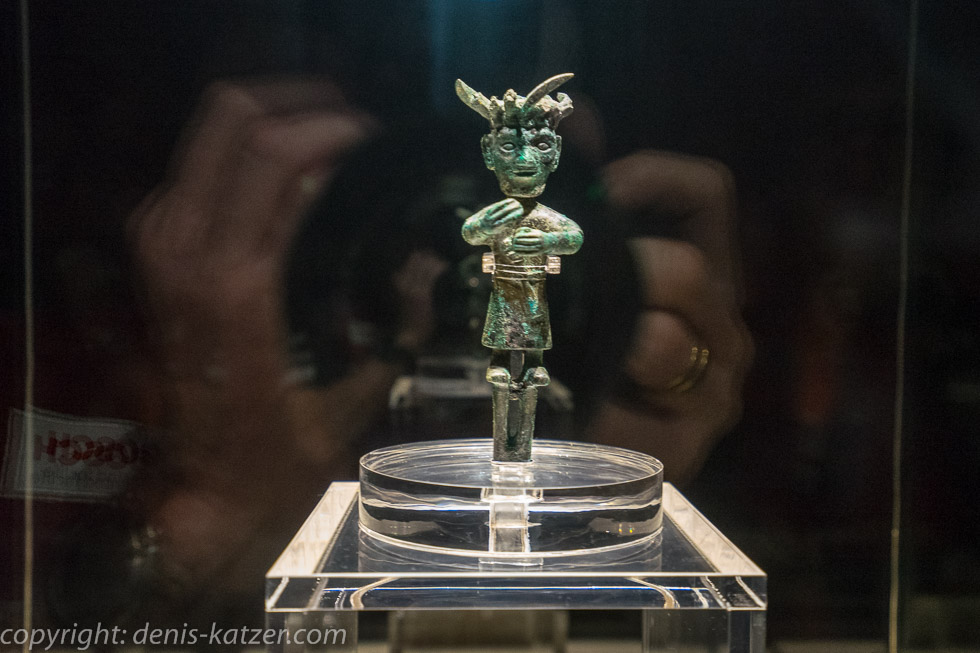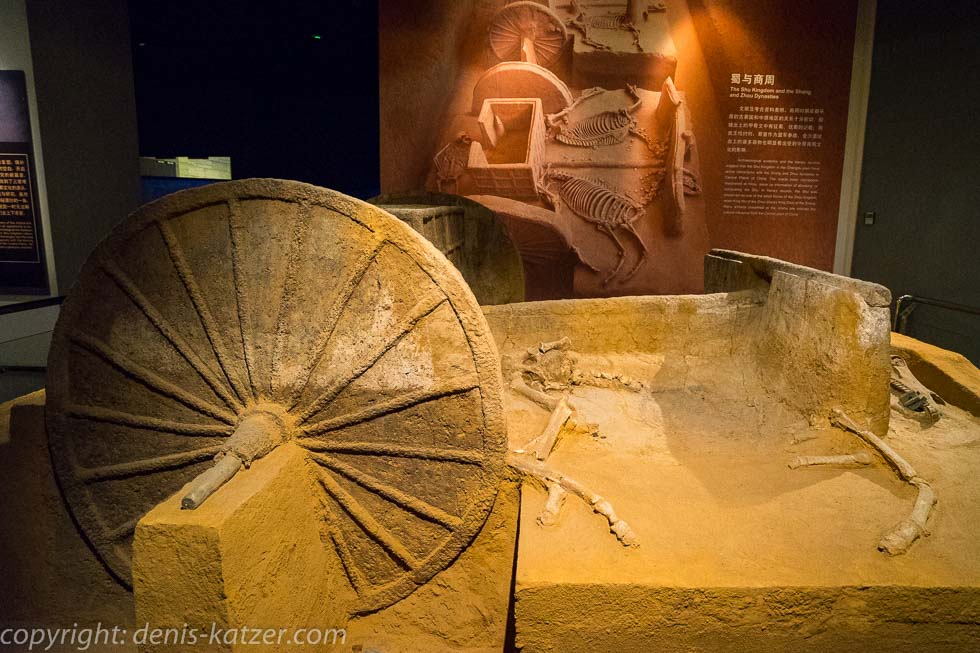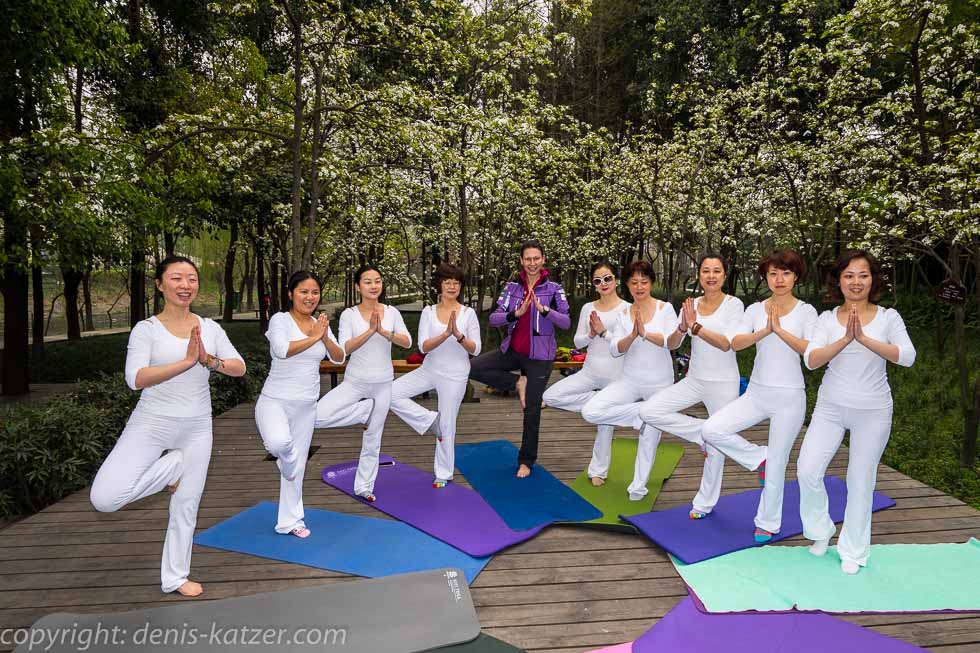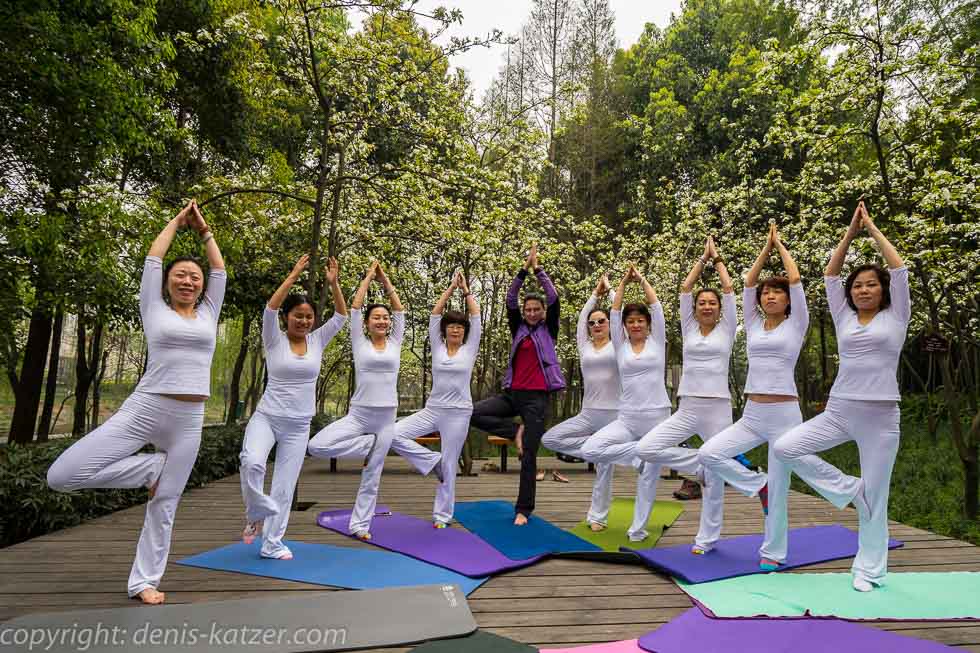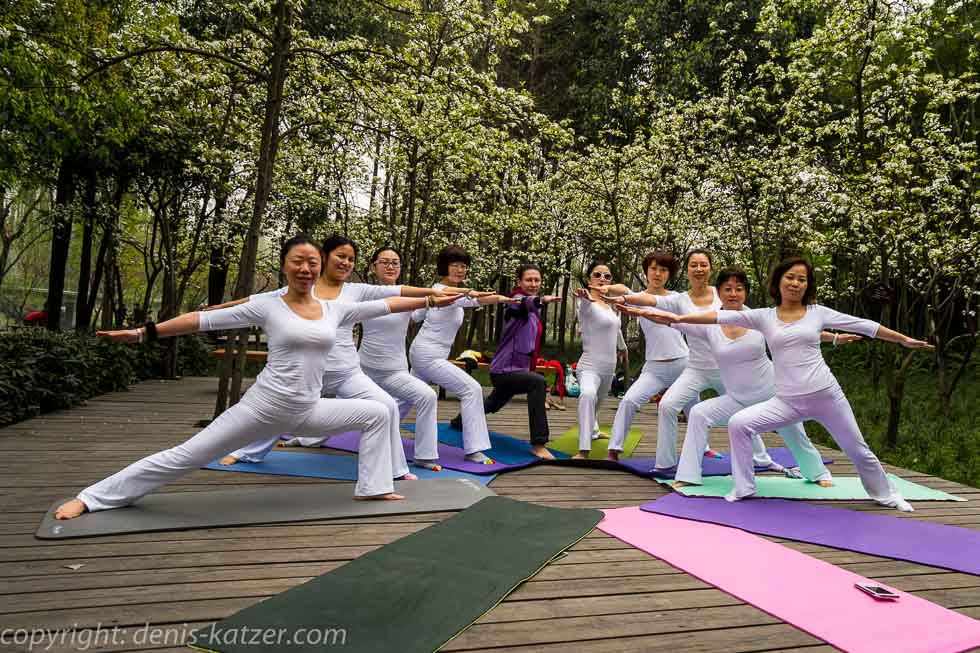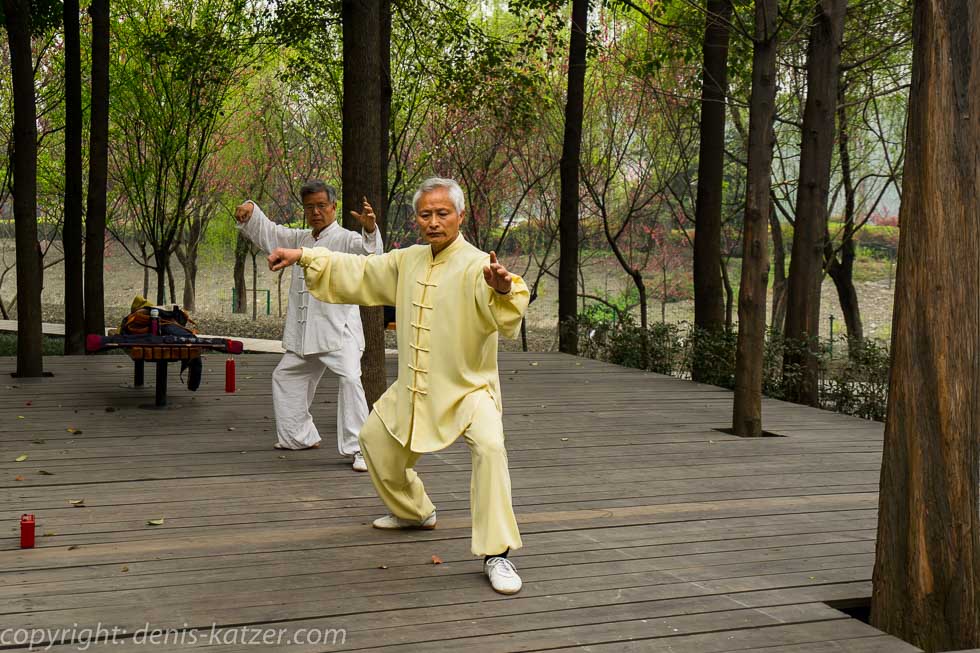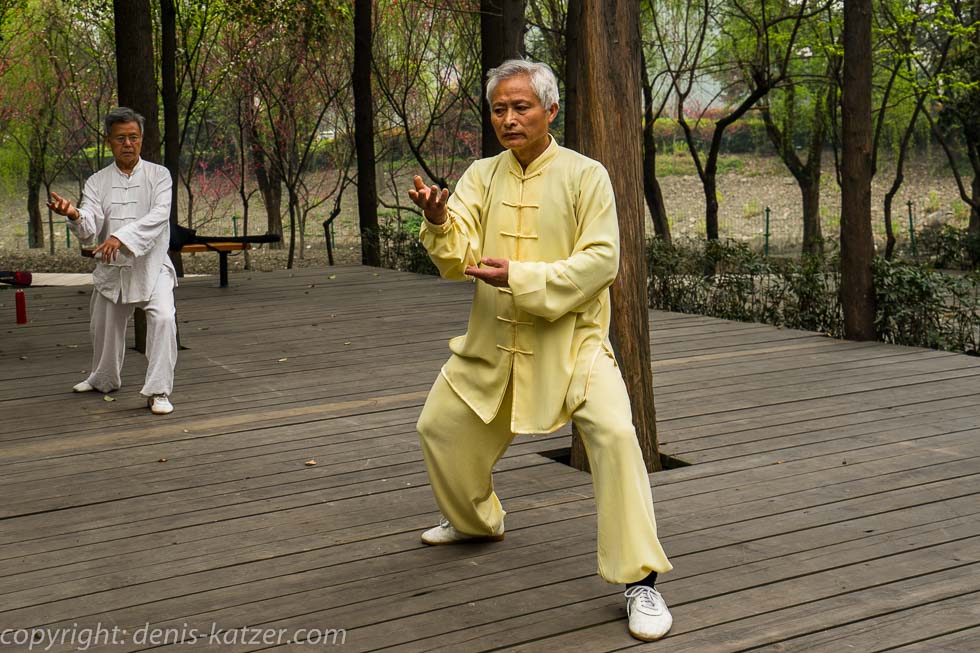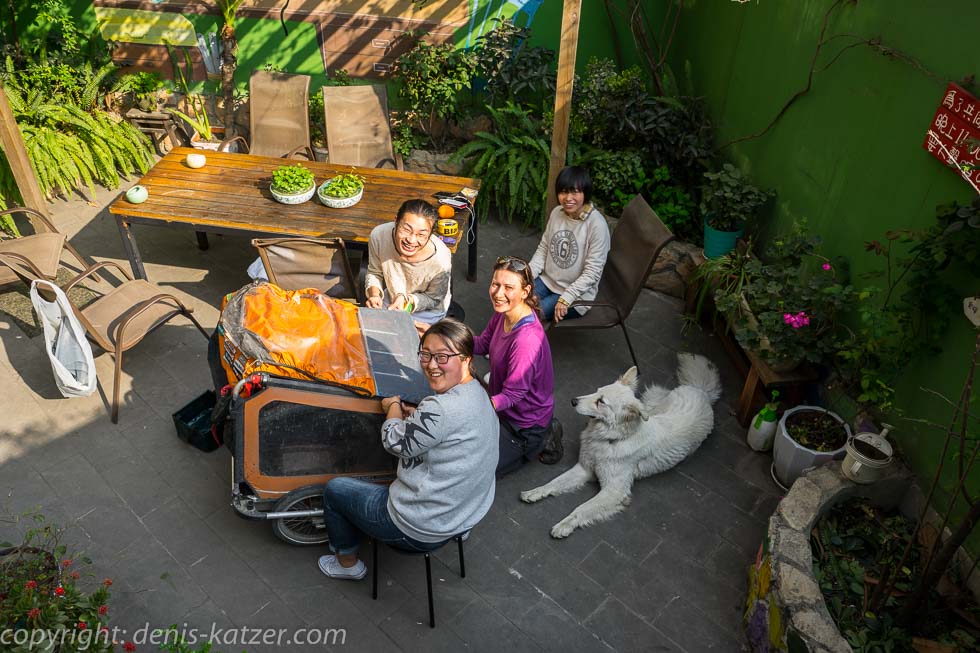
3,000-year-old kingdom, yoga and tai chi
N 30°40'51.0'' E 104°03'23.2''
Date:
19.03.2016
Day: 265
Country:
China
Province:
Sichuan
Location:
Chengdu
Latitude N:
30°40’51.0”
Longitude E:
104°03’23.2”
Total kilometers:
15,819 km
Maximum height:
500 m
Total altitude meters:
25.392 m
Sunrise:
07:09 am
Sunset:
7:13 pm
Temperature day max:
22°C
Temperature day min:
16°C
(Photos of the diary entry can be found at the end of the text).
The e-bike is an ideal means of transportation for us to get from one expedition to the next by fair means, without outside help. After riding 3,000 km through Mongolia with our horses to spend an arctic winter in tipis with the last remaining reindeer nomads, our next big expedition destination is Myanmar. A fascinating country that we would like to visit with an elephant. But it will still be a few years before then, because we want to cross a few Asian countries on our bikes on the way to Burma first, in order to travel and get to know them in depth. For this reason, we always take longer breaks between our sometimes adventurous e-bike rides so that we have the chance to go on mountain tours and hikes, experience cities, visit sights, exhibitions and museums. This gives us the perfect mix of adventure, culture and regional studies.
As we want to continue cycling tomorrow, today is the last opportunity to admire the important site of the 3,000-year-old kingdom of Shu, which was discovered by chance during road construction work in the village of Jinsha in February 2001. When we arrive, we are actually the only visitors. Without the usual clamor of the Chinese and endless school classes, we stroll through the huge complex early in the morning. We marvel at artefacts from a time that is considered the first dynasty of China. There must have been whole herds of elephants here 1,000 years before Christ. Sure, because it’s only 600 kilometers from here to Myanmar, where many elephants still live today. The elephant must have played a special role in the kingdom of the Shu kings, as archaeologists have unearthed numerous large and well-preserved elephant tusks that were used for religious ceremonies. A golden, wafer-thin mask casts a spell over us. It was created at the same time as the world-famous mask of the Egyptian King Tutankhamun. The more than 6,000 finds from this excavation include pottery, tools, stone carvings and jewelry. We are fascinated by how perfectly and highly professionally the museums in China are designed and built.
After our tour, we take some time to go for a walk in the beautifully landscaped park. As I photograph a group of women practising yoga in the shade of blossoming trees and bamboo plants, they call out to me happily and invite Tanja to join them. “Do you think they’re serious?” asks Tanja. “Sure. In fact, I’m sure you’ll make them very happy if you take part in their yoga class.” The ladies chatter enthusiastically as Tanja takes off her shoes and socks and takes them into her midst. Not far away, two men are practising Tai Chi, a martial art developed in the Chinese Empire and now practised by millions of people around the world. Tanja and I had also attended a few courses in Germany. Thoughtfully, I sit down on the wooden floorboards and watch the men as they perform their every movement to perfection. Chinese music plays softly from a small loudspeaker, merging with the rustling leaves in the wind. “I shouldn’t have stopped my tai chi,” a thought crosses my mind. Later, when we leave the yoga ladies and the tai chi athletes, I decide to continue my tai chi training as soon as we are back in Germany.
The sun shines in the afternoon, which doesn’t happen too often at this time of year in smog-infested Chengdu. Tanja seizes the opportunity to replace the mosquito net on his trailer that Ajacis tore. Schuschu, the owner of the hostel, her lovely and always helpful employee Linda and art student Jan help her. But it doesn’t take long for Linda and Jan to take over completely, so Tanja is the spectator and everyone involved has an absolutely relaxed afternoon with lots of laughter.
Over a buffet dinner at Wenshu Monastery in the evening, we come up with a plan to leave the big city of Chengdu safely and stress-free. “I think we should get up at 4 a.m. tomorrow morning. Then we’ll be on our bikes by 6:00 a.m. at the latest before the rush hour,” suggests Tanja. “A great idea. It’s still pitch dark at this time of night but the streets are empty,” I reply, whereupon we walk back to the hostel and start packing to cycle off on new adventures…
If you would like to find out more about our adventures, you can find our books under this link.
The live coverage is supported by the companies Gesat GmbH: www.gesat.com and roda computer GmbH http://roda-computer.com/ The satellite telephone Explorer 300 from Gesat and the rugged notebook Pegasus RP9 from Roda are the pillars of the transmission.
